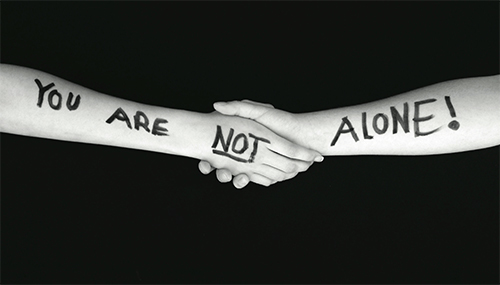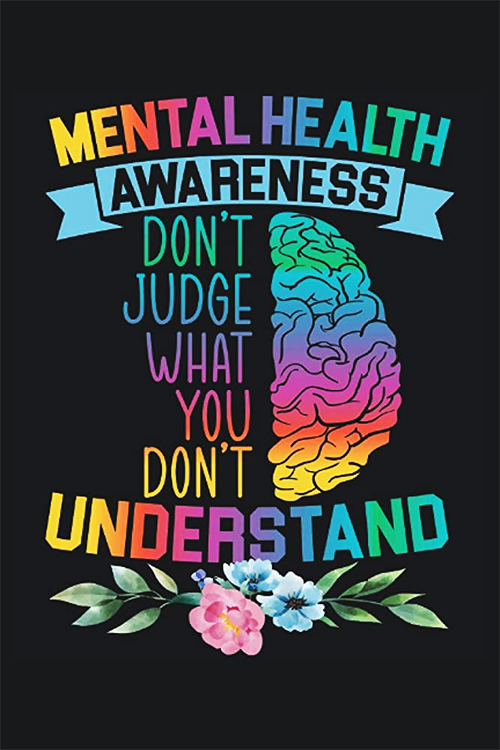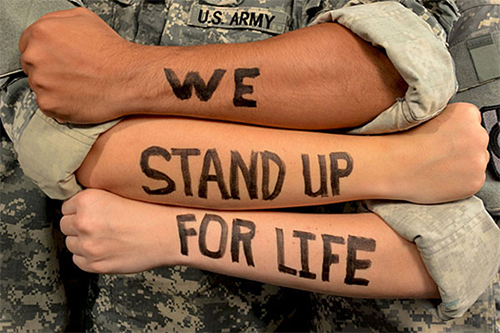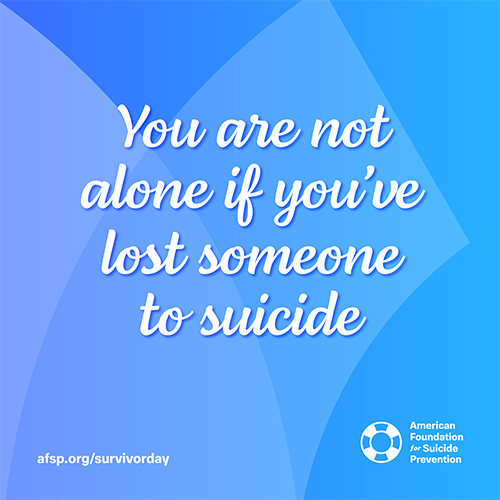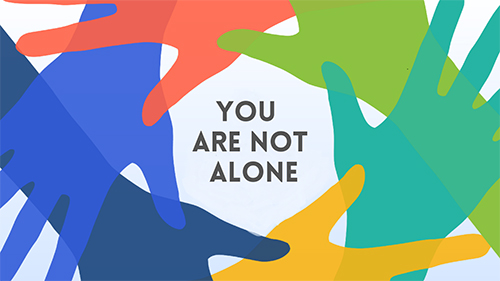Mental Health Awareness with a Focus on Suicide Prevention
Suicide Prevention:
- Understanding Suicide: Key Facts and Figures
- Definition and Nature of Suicide: Suicide is a tragic event where an individual ends their life intentionally. It occurs when a person harms themselves with the intent to die. A suicide attempt happens when someone self-inflicts harm with the aim of ending their life, but survives their actions.
- Risk Factors and Protective Measures: Various factors can increase or decrease the risk of suicide. People who have experienced violence, such as child abuse, bullying, or sexual violence, are at higher risk. On the other hand, being connected to supportive family and community networks, and having access to healthcare, can significantly reduce suicidal thoughts and behaviors. A sense of belonging, safety, dignity, and hope are key protective factors against suicide.
- A Serious Public Health Problem: Suicide rates have risen significantly, with a 36% increase from 2000 to 2022. In 2022 alone, suicide claimed 49,476 lives, averaging one death every 11 minutes. Additionally, millions of people think about or attempt suicide each year, highlighting the vast scope of this public health issue.
- Demographics and Disparities: Suicide affects people across all age groups but is especially prevalent among certain demographics. In 2022, it was among the top nine leading causes of death for individuals aged 10-64, and the second leading cause for those aged 10-14 and 25-34. Certain groups, including non-Hispanic American Indian/Alaska Native individuals, veterans, rural residents, and workers in specific industries, face higher suicide rates. Young individuals who identify as lesbian, gay, or bisexual also report higher rates of suicidal thoughts and behaviors compared to their heterosexual peers.
- Impact and Economic Cost: The consequences of suicide and suicide attempts extend beyond the individual, affecting families, friends, co-workers, and communities. Survivors of suicide attempts may endure long-term physical and mental health issues, while the loved ones of those who die by suicide often face prolonged grief and emotional challenges. Economically, suicide and self-harm incidents cost the U.S. over $500 billion in 2020, encompassing medical expenses, work loss, and reduced quality of life. For every suicide death, there are numerous emergency visits for self-harm and countless individuals who contemplate or attempt suicide, underscoring the profound and widespread impact of this issue.
Need help? Know someone who does?
Contact the 988 Suicide and Crisis Lifeline if you are experiencing mental health-related distress or are worried about a loved one who may need crisis support.
- Call or text 988
- Chat at 988lifeline.org
Connect with a trained crisis counselor. 988 is confidential, free, and available 24/7/365.
Visit the 988 Suicide and Crisis Lifeline for more information at 988lifeline.org.
Education and Outreach Programs:
The foundation in collaboration with other charities will raise awareness about mental health issues, emphasizing the importance of understanding, empathy, and destigmatization.
To formulate and brainstorm outreach initiatives to target communities, schools, workplaces, and online platforms to reach an all-inclusive and diverse audience.

Community Workshops and Training:
Assist at workshops and training sessions to equip individuals with the knowledge and skills to identify signs of mental health struggles, provide initial support, and encourage seeking professional help.
Training and skill building so that the foundation can be a help the community leaders, educators, and frontline workers to create a network of mental health advocates.
Hotline and Crisis Intervention Support:
Collaborating with mental health hotlines and crisis intervention services to ensure that immediate support is available for individuals in distress.
Promoting accessible helplines and information to contribute to creating a safety net for those experiencing suicidal thoughts or other mental health crises.
Community Workshops and Training:
Assist at workshops and training sessions to equip individuals with the knowledge and skills to identify signs of mental health struggles, provide initial support, and encourage seeking professional help.
Training and skill building so that the foundation can be a help to the community leaders, educators, and frontline workers to create a network of mental health advocates.
Hotline and Crisis Intervention Support:
Collaborating with mental health hotlines and crisis intervention services to ensure that immediate support is available for individuals in distress.
Promoting accessible helplines and information to contribute to creating a safety net for those experiencing suicidal thoughts or other mental health crises.
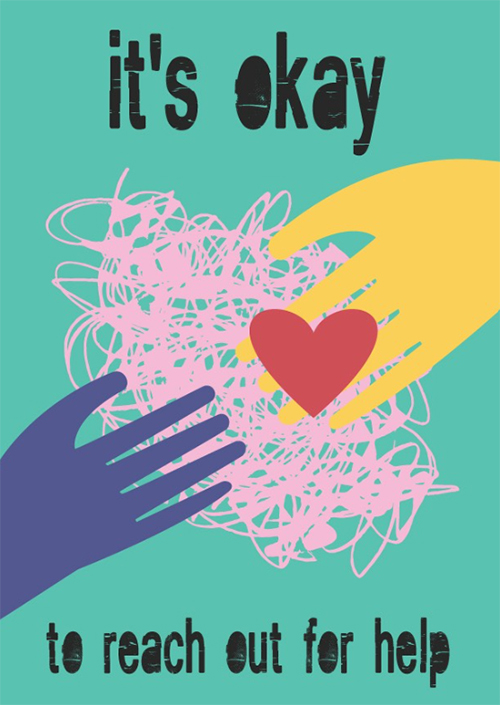
Stigma Reduction Campaigns:
The foundation actively works towards reducing the stigma associated with mental health issues, encouraging open conversations, and promoting a culture of understanding and acceptance.
Public awareness campaigns challenge misconceptions and stereotypes surrounding mental health, fostering a more supportive community.
School and University Programs:
Connect with mental health education programs in schools and universities to equip students with the tools to manage stress, recognize signs of mental health issues, and seek help when needed.
Be a link in support networks within educational institutions to create environments that prioritize mental well-being.
Online Resources and Support:
Promote Positive online resources, including informational content, self-help tools, and virtual support communities.
Utilizing social media platforms to disseminate information, share personal stories, and engage with a broader audience to promote mental health awareness.
Collaboration with Mental Health Professionals:
Collaborating with mental health professionals, psychologists, psychiatrists, and counselors to ensure the accuracy and relevance of mental health information.
Facilitating access to professional services through partnerships with mental health clinics, ensuring that individuals have the resources to seek professional help.
Youth Engagement and Empowerment:
Engaging with youth through targeted programs that address the unique mental health challenges faced by this demographic.
Empowering young individuals to become advocates for mental health within their communities, schools, and social circles.
Cultural Competence and Inclusivity:
Recognizing the cultural diversity within communities, the foundation ensures that mental health awareness initiatives are culturally sensitive and inclusive.
Assist with programs to address specific cultural nuances and challenges related to mental health within different communities.
Through these comprehensive initiatives, The Russcheer Foundation is dedicated to fostering a culture of mental health awareness, reducing stigma, and actively preventing suicide by providing education, support, and resources to individuals and communities in need.
